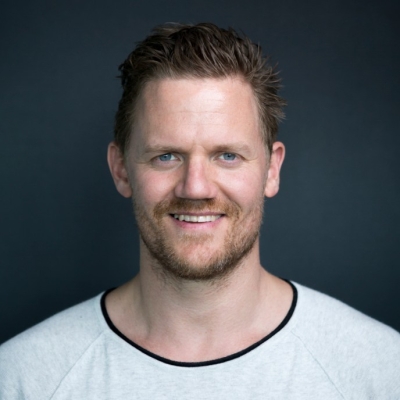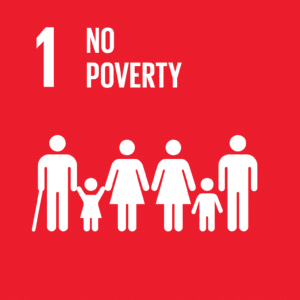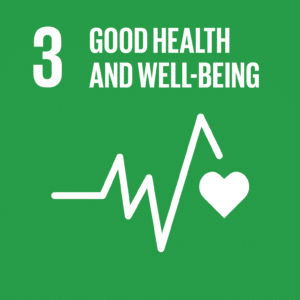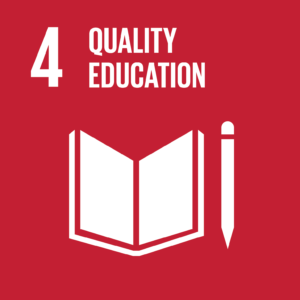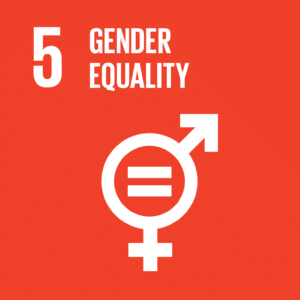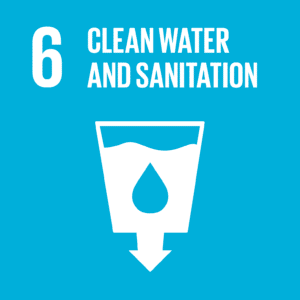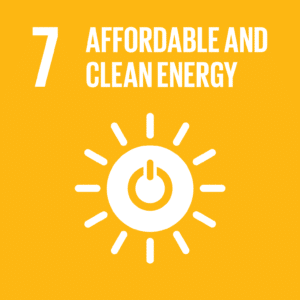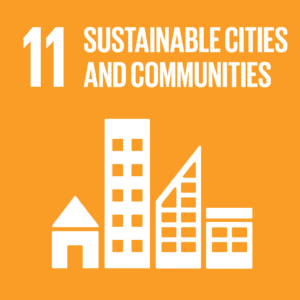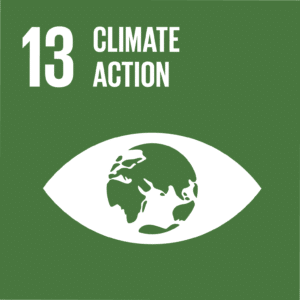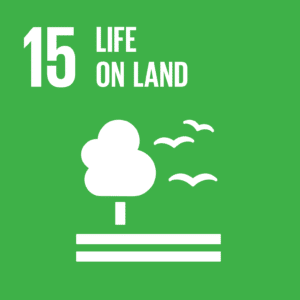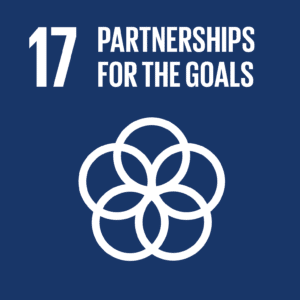Climate-resilient decentralized production of clean drinking water
Providing rural communities in Moldova with climate-resilient access to clean and safe drinking water
In Moldova, 67% of the rural population lacks access to clean and safe drinking water. They rely on contaminated shallow wells for their drinking water supply. These wells are heavily impacted by climate change, with changing weather patterns causing prolonged droughts and floods, endangering the drinking water supply. Additionally, 80% of the water in these wells does not meet drinking water quality standards.
These communities lack the resources to invest in suitable water purification facilities or local sanitation facilities, further contributing to pollution of the wells. However, the renewable water-holding capacity of deeper groundwater appears to be sufficient to meet future drinking water needs.
In regions like Cahul and Comrat, groundwater directly from artesian boreholes is distributed to households, but its quality is not potable. Despite the renewable capacity of the well, the water is left untreated, causing reluctance among the population to pay for it. This forces the population to turn to shallow wells, which have even worse water quality. Therefore, there is an urgent need for sustainable treatment of artesian well water to drinking water quality. In Glodeni, the challenges are similar, but the climate-resilient water source there is surface water from the Prut River.
Q-Drop: innovative modular technology for decentralized solar-powered drinking water production
In Cahul and Comrat, where an artesian well serves as a climate-resilient water source, seven Q-Drop water kiosks are installed by BOSAQ. These kiosks are powered by solar energy and connected to the water supply network of the contaminated wells. The Q-Drops purify the water through pretreatment, reverse osmosis, remineralization, and LED-UV disinfection. The purified water is distributed via automated vending systems with optimized pricing models to reach all residents. Additionally, energy supply is optimized in collaboration with VITO, and the overall impact is assessed.
For the Glodeni region, surface water from the Prut River is converted into clean drinking water using two Q-Drops, which can purify up to 100 m³ of water per hour combined, sufficient for the entire community. The produced drinking water can also be distributed to nearby villages as a future-proof source of drinking water.
To promote sustainable behavior change in water use and reuse, hygiene, and sanitation facilities, a steering group is established with sufficient reach within the communities by HOWEST. Educational material for schools will be developed, and awareness campaigns, as well as train-the-trainer sessions, will be rolled out.
Three rural villages (Cahul, Comrat, and Glodeni) with a total of 31,000 residents will be equipped with nine Q-Drops. These climate-resilient, decentralized solar-powered water purification plants will emit 454 tons less CO2 annually.
Would you like to know more about this project?
